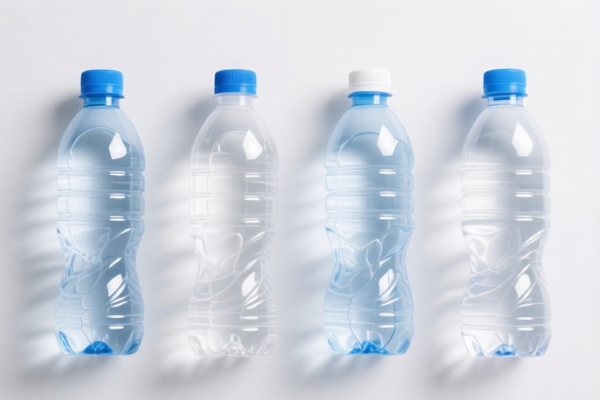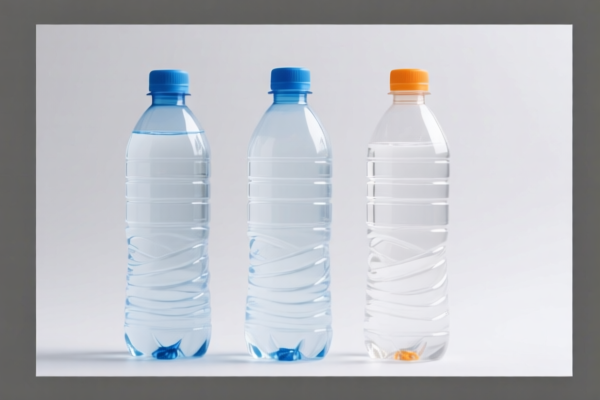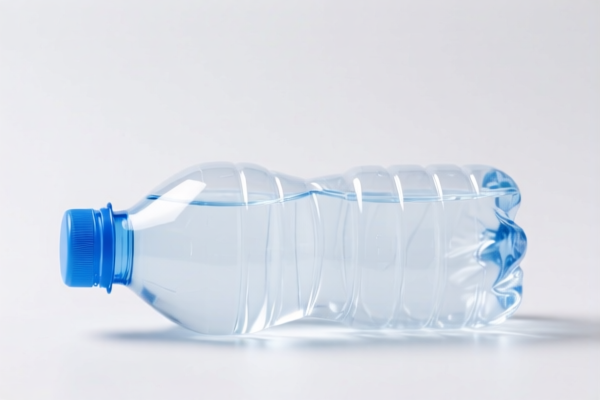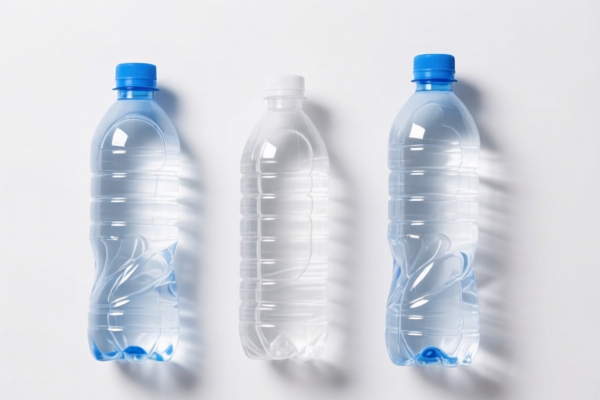| HS Code | Official Doc | Tariff Rate | Origin | Destination | Effective Date |
|---|---|---|---|---|---|
| 7010905005 | Doc | 55.0% | CN | US | 2025-05-12 |
| 3923300090 | Doc | 58.0% | CN | US | 2025-05-12 |
| 7612901030 | Doc | 60.7% | CN | US | 2025-05-12 |
| 7612901060 | Doc | 60.7% | CN | US | 2025-05-12 |
| 8309900090 | Doc | 57.6% | CN | US | 2025-05-12 |




Okay, let's break down the HS codes you've provided for "BEVERAGE BOTTLE" and what they mean for import/export, focusing on potential classifications and tax implications. I'll structure this to be as clear as possible.
Understanding HS Codes: A Quick Primer
HS codes (Harmonized System codes) are internationally standardized codes used to classify traded products. The first 6 digits are generally consistent worldwide, while additional digits are used for more specific classifications by individual countries (like China in this case). Here's how to read them:
- Chapter (First 2 digits): Broad category of the product.
- Heading (Next 2 digits): More specific grouping within the chapter.
- Subheading (Next 2 digits): Even more detailed classification.
- Additional Digits (Country-Specific): Further refinement for tariff and statistical purposes.
Analysis of Your Provided HS Codes
Here's a breakdown of each code, its meaning, and key considerations:
1. 7010.90.50.05 – Glass Containers (Other)
- Chapter 70: Glass and Glassware.
- Heading 7010: Containers for conveyance or packing of goods; preserving jars of glass; stoppers, lids and other closures, of glass.
- Subheading 7010.90: Other glass containers.
- Additional Digits 7010.90.50.05: Specifically for containers exceeding 1 liter with a mouth diameter of <38mm.
- Tax: Base Rate 0.0%, Additional Tariff 25.0% (increasing to 30% after April 2, 2025), Total 55.0%.
- Considerations: This is a good classification if your bottles are made of glass, exceed 1 liter in capacity, and have a mouth diameter less than 38mm. Important: Verify the exact mouth diameter of your bottles.
2. 3923.30.00.90 – Plastic Containers (Other)
- Chapter 39: Plastics and articles thereof.
- Heading 3923: Articles for the conveyance or packing of goods, of plastics; stoppers, lids, caps and other closures, of plastics.
- Subheading 3923.30: Carboys, bottles, flasks and similar articles.
- Additional Digits 3923.30.00.90: Other plastic containers.
- Tax: Base Rate 3.0%, Additional Tariff 25.0% (increasing to 30% after April 2, 2025), Total 58.0%.
- Considerations: Use this code if your bottles are made of plastic. The "other" designation suggests it covers a wide range of plastic bottle types.
3. 7612.90.10.30 – Aluminum Cans (<= 355ml)
- Chapter 76: Aluminum and articles thereof.
- Heading 7612: Aluminum casks, drums, cans, boxes and similar containers.
- Subheading 7612.90: Other aluminum containers.
- Additional Digits 7612.90.10.30: Specifically for cans <= 355ml.
- Tax: Base Rate 5.7%, Additional Tariff 25.0% (increasing to 30% after April 2, 2025), Total 60.7%.
- Considerations: This is for aluminum cans specifically, and only those with a capacity of 355ml or less.
4. 7612.90.10.60 – Aluminum Cans (>355ml & <3.8L)
- Chapter 76: Aluminum and articles thereof.
- Heading 7612: Aluminum casks, drums, cans, boxes and similar containers.
- Subheading 7612.90: Other aluminum containers.
- Additional Digits 7612.90.10.60: Specifically for cans >355ml but <3.8L.
- Tax: Base Rate 5.7%, Additional Tariff 25.0% (increasing to 30% after April 2, 2025), Total 60.7%.
- Considerations: Similar to the previous code, but for aluminum cans between 355ml and 3.8 liters.
5. 8309.90.00.90 – Metal Closures (Other)
- Chapter 83: Miscellaneous articles of base metal.
- Heading 8309: Stoppers, caps and lids (including crown corks, screw caps and pouring stoppers), capsules for bottles, threaded bungs, bung covers, seals and other packing accessories, and parts thereof, of base metal.
- Subheading 8309.90: Other metal closures.
- Additional Digits 8309.90.00.90: Other metal closures.
- Tax: Base Rate 2.6%, Additional Tariff 25.0% (increasing to 30% after April 2, 2025), Total 57.6%.
- Considerations: This is for metal caps, lids, and closures. It's important to note this is for the closure itself, not the bottle.
Recommendations & Next Steps:
- Material is Key: The primary determinant of the correct HS code is the material of the bottle (glass, plastic, aluminum, etc.).
- Capacity & Dimensions: Accurately measure the capacity and mouth diameter of your bottles.
- Closure Material: If you are importing closures separately, use HS code 8309.90.00.90.
- Verify with Customs: The most reliable way to ensure correct classification is to consult with Chinese Customs directly or a licensed customs broker in China. Provide them with detailed specifications and, ideally, a sample of the bottle.
- Tariff Changes: Be aware of the upcoming tariff changes on April 2, 2025.
- Certifications: Depending on the intended use of the bottles (e.g., food or beverage contact), you may need specific certifications (e.g., FDA compliance, LFGB certification). Check the import requirements for your destination market.
I hope this detailed breakdown is helpful! Let me know if you have any other questions.
Customer Reviews
The section on tariff changes after April 2, 2025, was very timely. I’m glad I read it before finalizing my export plans.
This resource made it easy to understand the differences between HS Code 7010 and 3923. Great for someone new to trade classifications.
The review of HS Code 8309.90.00.90 for metal closures was exactly what I needed. Very specific and helpful.
The analysis of aluminum cans was thorough, but I was looking for more information on how to distinguish between HS Code 7612.90.10.30 and 7612.90.10.60.
Great info on the 58% tariff for plastic bottles under HS Code 3923.30.00.90. Saved me time researching on my own.